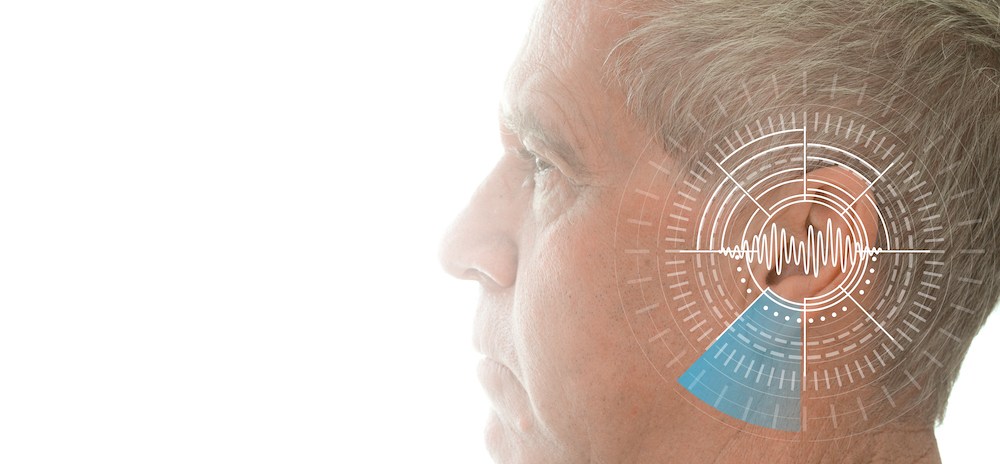A Guide to Gradual Hearing Loss
Most people will experience at least some extent of gradual hearing loss

By: admin | August 20, 2023
Tinnitus is a common symptom of an underlying condition, characterized by a ringing, buzzing, or hissing sound in the ears that can be constant or intermittent. For many people, tinnitus is more than an annoyance; it can have a significant impact on daily life, particularly when it comes to sleep. The incessant noise can make falling asleep a challenge, leading to a cycle of frustration and exhaustion. But there are strategies that can help, and many individuals find relief through collaboration with audiologists and employing specific techniques tailored to their unique situation.
Sound therapy is one of the common strategies used to combat tinnitus-related sleep disturbances. By introducing gentle background noise, such as white noise or nature sounds, the contrast between the silence of the night and the ringing in the ears can be minimized. Sound machines, smartphone apps, or even a fan can create a soothing soundscape that helps mask tinnitus and promotes relaxation. Audiologists often provide guidance on selecting the appropriate sound therapy for individual needs.
Good sleep hygiene involves creating a consistent bedtime routine and a sleep-conducive environment. This might include practices like winding down with calming activities, keeping the bedroom cool and dark, and avoiding stimulants such as caffeine or electronics close to bedtime. For those with tinnitus, incorporating relaxing techniques like deep breathing or meditation into the bedtime routine may provide additional benefits by reducing stress and promoting relaxation, further aiding the transition to sleep.
Cognitive Behavioral Therapy is an evidence-based psychological treatment often used to manage tinnitus-related sleep issues. It focuses on changing negative thought patterns and behaviors associated with tinnitus and sleep. Working with a mental health professional skilled in CBT, individuals learn to reframe their thoughts about tinnitus and develop strategies to reduce anxiety and improve sleep. Some audiologists may collaborate with therapists to provide a comprehensive approach to tinnitus management.
For some, over-the-counter sleep aids or prescription medications might be part of the solution, especially if tinnitus leads to chronic insomnia. It’s essential to consult with healthcare providers, including audiologists, who understand the complexity of tinnitus, as some medications can exacerbate your tinnitus. A tailored approach based on a thorough evaluation ensures that the chosen interventions align with the individual’s specific symptoms and overall health.
Finding support from others who live with tinnitus, either through support groups or online forums, can be incredibly comforting. Sharing experiences and learning from others who have navigated similar challenges can provide new insights and encouragement. Many clinics also offer educational materials and workshops to help patients understand tinnitus better and learn effective strategies for managing it, including sleep-related issues.
Living with tinnitus doesn’t have to mean sleepless nights. By exploring various strategies, such as sound therapy, sleep hygiene, cognitive-behavioral therapy, medications, and support groups, many find a pathway to restful sleep. Collaboration with audiologists and other healthcare professionals ensures that the chosen approaches are tailored to the individual’s unique situation. Embracing these personalized strategies, along with understanding that you are not alone in this journey, can lead to better sleep and improved quality of life. It’s a step towards embracing the night with a sense of peace rather than frustration, turning the challenge of tinnitus into an opportunity for personal growth and well-being.
Tags: tinnitus basics, tinnitus symptoms, tinnitus treatment

Most people will experience at least some extent of gradual hearing loss
By: admin | June 15, 2022

Noise-induced hearing loss is a common occupational hazard. It can be
By: admin | June 15, 2022

A lot of people put off getting a hearing test. They might think that they
By: admin | June 14, 2022
